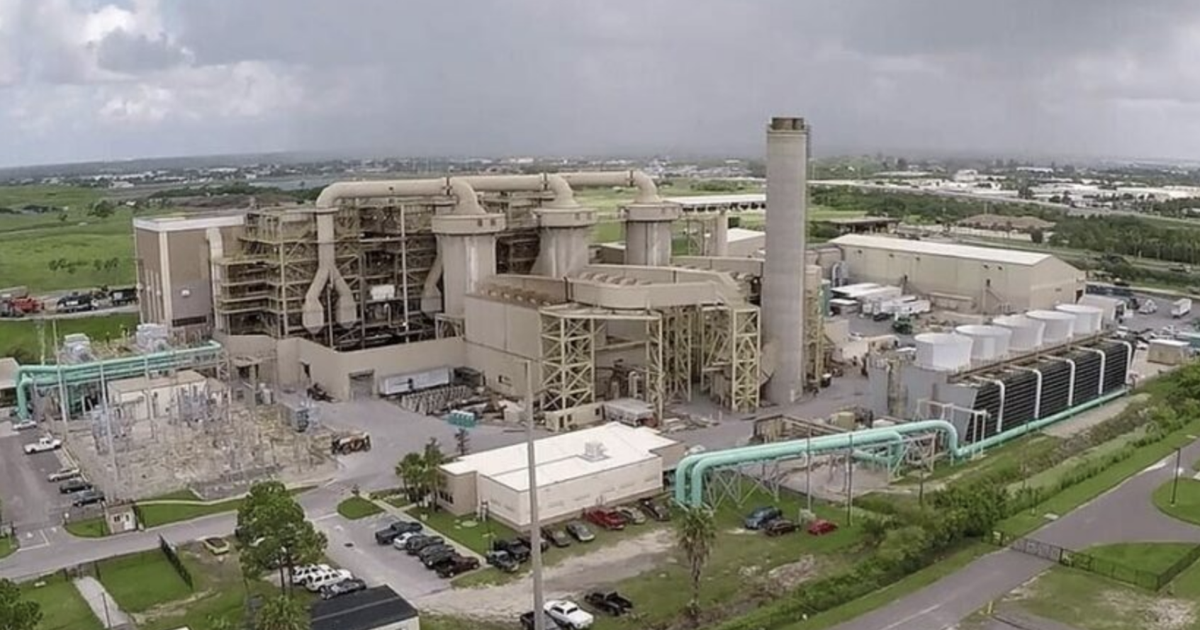The annual cost to convert Pinellas County’s refuse into electricity has increased by nearly $7 million.
County commissioners unanimously approved a $320.85 million contract OCT. 14 with FCC Environmental Services to operate the Waste-to-Energy facility. The Houston-based company operates in seven states and recycled over 500,000 tons of garbage in 2024.
The current operator, Reworld, sought to increase its compensation rate from roughly $25 per ton of processed trash to $38. Paul Sacco, director of solid waste, said the New Jersey-based company “didn’t feel like they were making the money that they needed.”
“We weren’t willing to do that without testing the market,” Sacco said. “So, that’s what we’ve done.”
The county’s Waste-to-Energy (WTE) facility, one of 75 nationally and 10 in the state, burns about 2,700 tons of refuse daily at 3095 114th Ave. N. Incinerating garbage reduces the adjacent landfill’s volume by 90% and is critical to maintaining the 700-acre site’s capacity.
The process also creates enough electricity to power 45,000 homes and businesses daily. However, the county sells what it generates to Duke Energy.
FCC will charge Pinellas $34.25 per ton of processed waste, with annual adjustments, and receive 10% of the monthly revenue from selling electricity to Duke. The county annually recovers approximately 60 million pounds of metals from “combustion residue,” and will give the company 50% of those sales.
Reworld is now receiving $38.49 per processed ton on a contract extension that terminates Dec. 31. Sacco said the county will save nearly $3 million annually by switching to FCC.
“So, over 10 years, it’s a substantial savings,” he added.
Sacco said cost increases are typically “outside of the operator’s control.” The county’s primary concern is “any kind of change in legislation” regarding environmental regulations.
Officials must import various mechanical parts, and Sacco said the price of chemicals used in the process constantly fluctuates. FCC will have the first right of refusal to complete separately funded capital projects at the plant.
Pressure on the plant
Capacity at the WTE facility and the county’s only landfill is an ongoing issue, exacerbated by hurricanes Helene and Milton. Sacco said the amount of waste received has increased by 25% to 30% month-over-month since the storms.
“I would expect that would continue on for probably the next two or three years, because people are now receiving their permits,” he continued. “We try to incinerate as much as we can … but that puts pressure on the plant.”
The WTE facility processes between 830,000 and 880,000 tons of refuse annually. Excess garbage sent to the landfill takes up 10 times more space than if incinerators reduced it to ash.
In July 2023, Sacco noted that the plant would soon reach its limits. “If we were to continue on the path that we are, and watch our population increase as projected, then in the year 2050, you’ll see that we are way over capacity,” he said.
“We’re never going to have another landfill within Pinellas County,” Sacco said at the time. “Nobody is going to want that in our backyard. And we just couldn’t afford it. We wouldn’t get one, and we wouldn’t have one permitted.”
However, Sacco said Oct. 14 that the WTE facility is “operating as good as it did when it was brand new” following investments in 2022. He also noted there are opportunities to increase efficiency, and the operator is responsible for keeping “pressure on the plant without running it into the ground.”
The landfill’s lifespan has decreased from 80 to 72 years since the 2024 hurricane season. Pinellas plans to prevent any waste from reaching the site by 2050, “and everything that we continue to do is still marching to that number,” Sacco said.
He believes the county is “on a good trajectory with that.” When asked if FCC would lead those efforts, Sacco said, “Absolutely.”
The WTE facility opened in 1983, and many of the people who work at the plant have served under multiple operators. Sacco said FCC will “do their best to transfer and assume” most of Reworld’s employees.
“They’ll be working with Reworld and the county to make sure that transition is as smooth as possible,” he added.
This content provided in partnership with stpetecatalyst.com.

